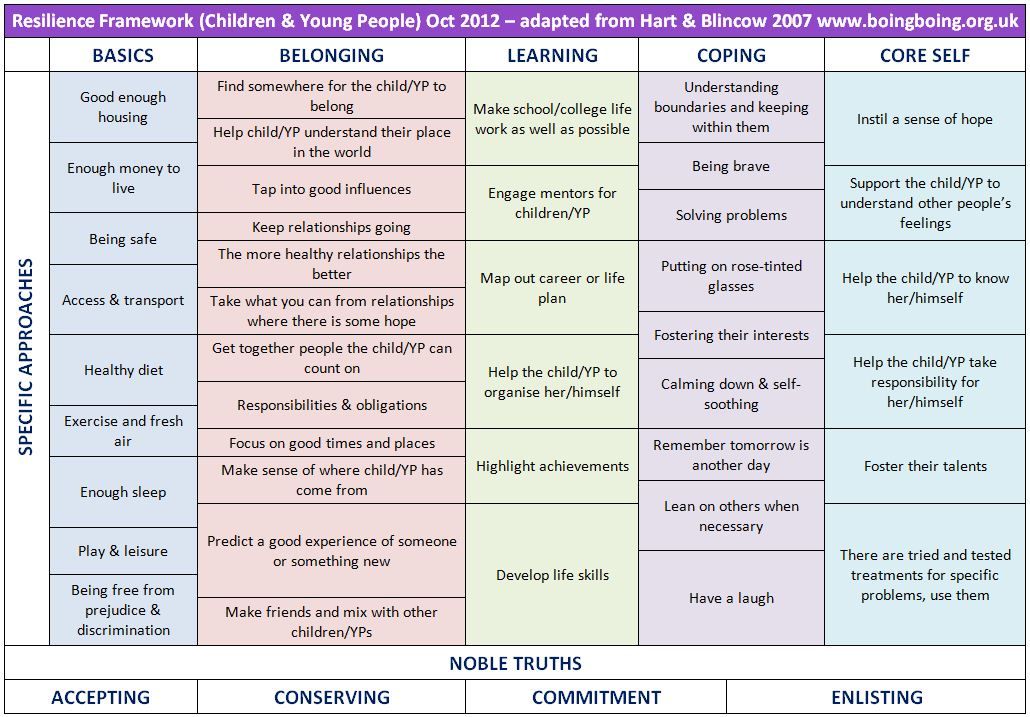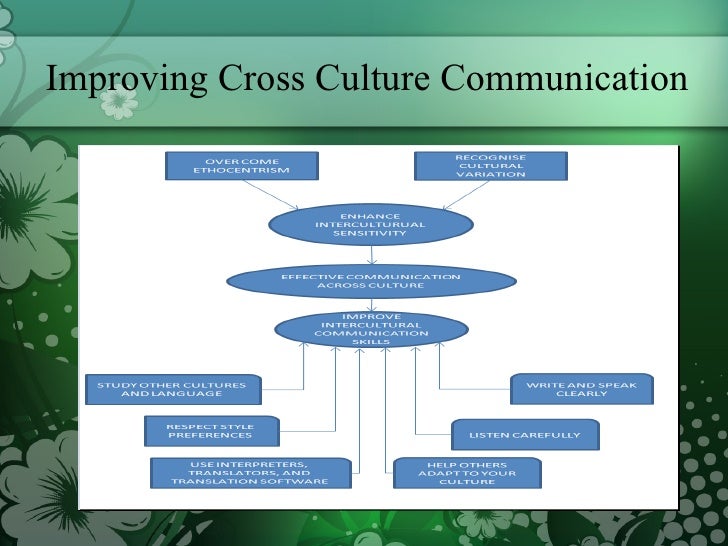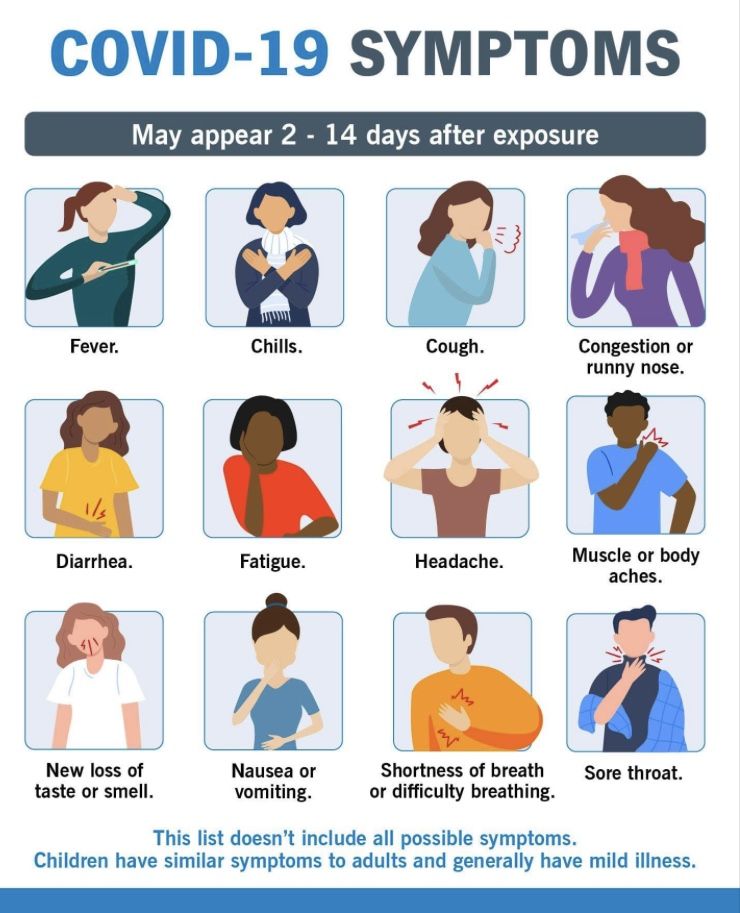How to make a child take responsibility
How to Teach Your Child to Be More Responsible
Teaching children responsibility is one most important life goals you have as a parent to help prepare them to be successful adults. But, as you’re well aware, being a parent can be hectic. During these times, focusing on what matters most may feel challenging.
While even many adults don’t understand the virtue of responsibility, not for themselves, their finances, or anyone else, teaching your child how to be accountable doesn’t have to be impossible. Your child can learn to be a person of integrity and reliability well before adulthood.
Parenting may be the most demanding job you’ll ever have, but the rewards are incredible, especially when you’re able to see that you’ve raised responsible and caring children. Now is the best time to embark on a journey to collect as much parenting knowledge as possible.
The following techniques will help you raise your children to be responsible and caring adults:
1. Treat your child with respect and care. All children deserve to feel loved and valued. However challenging your child may be, remind yourself that they’re “works in progress” and may make many mistakes along the way. Being tactful, caring, and respectful toward your children is like giving your garden sunshine, water, and fertilizer.
2. Reinforce the positive. We all want to be recognized and noticed for what we do well; this is especially true for children. Be as specific as possible whenever you provide your child with positive feedback. Making statements such as “I like how you cleaned up all the crumbs from the table.” or “Wow, that was wonderful how you helped fold laundry without being asked!” while maintaining eye contact will help them learn the importance of performing a job well. In turn, your child will become more responsible. Encourage your child’s positive behavior consistently.
3. Share household tasks and chores. It’s common for children who eventually grow up to become responsible adults to have had guidance during their childhood.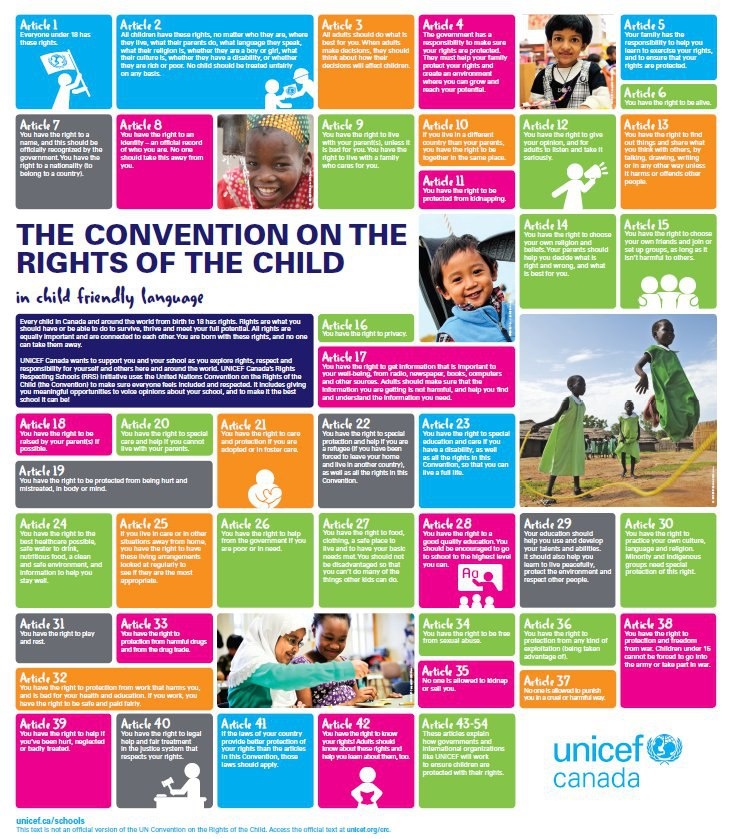 By completing household tasks, for instance, they’ve been allowed to contribute to the household in some way.
By completing household tasks, for instance, they’ve been allowed to contribute to the household in some way.
Though children should always be allowed to be children as they grow up, teaching them responsibility early on is equally important. One of the best ways to accomplish this is through assigned chores. Having duties around the house, and contributing to the family, can help your kids learn about being accountable.
Studies show that giving children tasks to complete at a young age also helps create a solid work ethic while developing self-reliance and other vital life skills. Chores teach kids about respect. They learn to respect what their parents do for them and their belongings and appreciate their own ability to contribute in a meaningful way.
4. Teach money management skills. One of the greatest difficulties for adults is managing money wisely. To develop good habits, children must have the opportunity to learn and practice them before entering adulthood. Giving your child an allowance is the first step to teaching them how to be financially responsible. Children should complete their chores just as they will later in life while learning how to earn money.
Giving your child an allowance is the first step to teaching them how to be financially responsible. Children should complete their chores just as they will later in life while learning how to earn money.
Teach your kids about responsibly saving and spending money and allow them to make their own decisions. In addition to learning to value and manage money, they’re also learning to be independent and rely on themselves over time. This is when children can safely make financial mistakes and learn how to handle them to benefit themselves. This is also an excellent time to teach your children about charity so that as adults, they’ll know how to be responsible for themselves and help others.
5. Allow your child to face natural consequences and learn from mistakes. Modern parenting can encourage coddling and overprotecting your child in ways. But having some independence is where they can begin to practice self-reliance. Children learn responsibility by facing the consequences of their actions.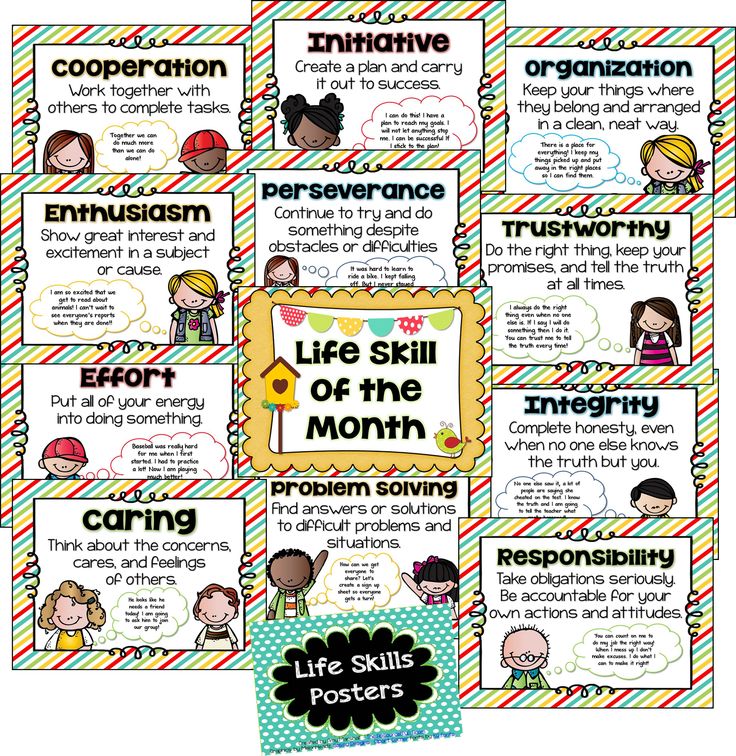
As long as the consequences aren’t harmful, allow your kids to experience the natural consequences of their behaviors. Automatically triggered consequences can teach valuable lessons about the importance of follow-through and responsibility. For example, if your child doesn’t want to wear a warm coat, they may experience the natural consequences of being chilly on a winter day. The likelihood of skipping out on choosing warmer clothing in the future will decline, and taking responsibility for their comfort level will increase.
Try not to be afraid to let your child make their own decisions when appropriate. Learning comes from making mistakes; it’s better to make those mistakes as a child when the consequences aren’t as severe; this also helps create resilience and perseverance.
6. When teaching your child a new behavior, give clear, simple instructions. Be specific about your expectations. Demonstrate what you’ve asked your child to do so they can see how it is done correctly.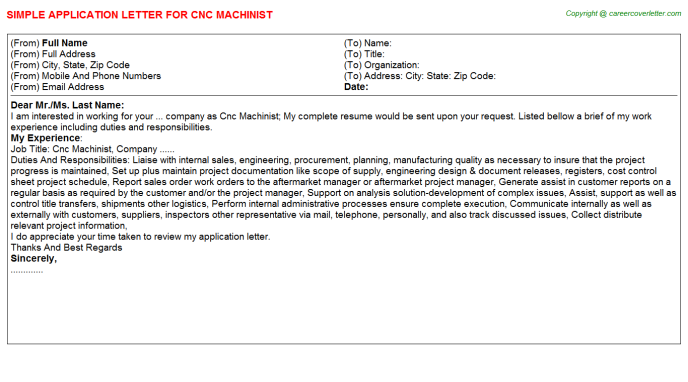 Next, allow your child to practice what you’re demonstrating. Praise all of their efforts, no matter how small; avoid criticism or expecting perfection. Setting your standards too high can “encourage” your child to resist your future requests. Show support by smiling and being positive in your approach. Remember that “Rome wasn’t built in a day,” and these things take time. With younger children, offer guidance and build responsibility by staying close by as they learn and practice new behaviors.
Next, allow your child to practice what you’re demonstrating. Praise all of their efforts, no matter how small; avoid criticism or expecting perfection. Setting your standards too high can “encourage” your child to resist your future requests. Show support by smiling and being positive in your approach. Remember that “Rome wasn’t built in a day,” and these things take time. With younger children, offer guidance and build responsibility by staying close by as they learn and practice new behaviors.
7. Don’t let your child off the hook if they misbehave at school. You may want to take the fall to protect your children, but doing so prevents them from learning the consequences of their actions. At those times, also try to refrain from showing anger and disappointment. Instead, provide encouraging words about completing any consequence the school issues them. Let your child know that you have confidence that they’ll get through the situation and move forward to have a great school year.
8. Give your child some space and freedom. Try not to be afraid to let your child spend time alone or to let them make decisions about their time, hobbies, and friends. Moreover, try to give them the independence and space they need to grow into responsible adults who know how to care for themselves.
Raising responsible children requires effort and consistency, but it doesn’t have to be complicated. Though many adults worldwide don’t know the true meaning of responsibility, this doesn’t have to be the case for your children. Teach them to contribute through age-appropriate chores; they’ll better appreciate what you do for them and what work is. Give your kids a weekly or monthly allowance when they’ve completed their tasks and allow them to spend it how they wish. Whether spenders or misers, they’ll learn financial lessons that will carry into adulthood. Allow them the independence to learn to entertain themselves, make their own decisions, and live with those decisions’ consequences. Provide your children with the basic foundations of responsibility in childhood while making them feel loved and valued, and you’ll have taught them to be the adults the world needs.
Provide your children with the basic foundations of responsibility in childhood while making them feel loved and valued, and you’ll have taught them to be the adults the world needs.
Suggested Resource for You
Have the Guts to Do It Right: Raising Grateful and Responsible Children in an Era of Indulgence From infancy to adulthood, a guide to raising well adjusted and empathic children within a culture that encourages narcissism and indulgence: Based on clinical experience, this book offers guidance and support for parents to develop strong, loving attachments to their children as well as the ability to provide appropriate limits and discipline, all necessary elements of good parenting. From work to play, sleep to homework and toys to technology this book gives concrete as well as theoretical direction for developing the strength to parent your child independent of a culture of excess.
15 strategies to help your kids become more responsible.
So how do we raise our kids to take responsibility for their choices and their impact on the world?
You begin by seeing responsibility as something joyful for your child, instead of a burden. All children want to see themselves as response-able -- powerful and able to respond to what needs to be done. They need this for their self esteem, and for their lives to have meaning. Children don't want just to be doted on. They need, like the rest of us, to feel like they matter to the world, like their lives make a positive contribution.
All children want to see themselves as response-able -- powerful and able to respond to what needs to be done. They need this for their self esteem, and for their lives to have meaning. Children don't want just to be doted on. They need, like the rest of us, to feel like they matter to the world, like their lives make a positive contribution.
So, you don't really need to teach kids to handle themselves responsibly in the world; you just need to teach them that they have the power to contribute positively, and to relate to them so that they want to do so.
The bottom line is that kids will be responsible to the degree that we support them to be. Here are 15 everyday strategies guaranteed to increase your kids’ “response-ability” quotient.
1. Raise your child with the expectation that we always clean up our own messes.
Begin by helping your child, until she learns it. She'll learn it faster if you can be cheerful and kind about it and remember not to worry about spilled milk.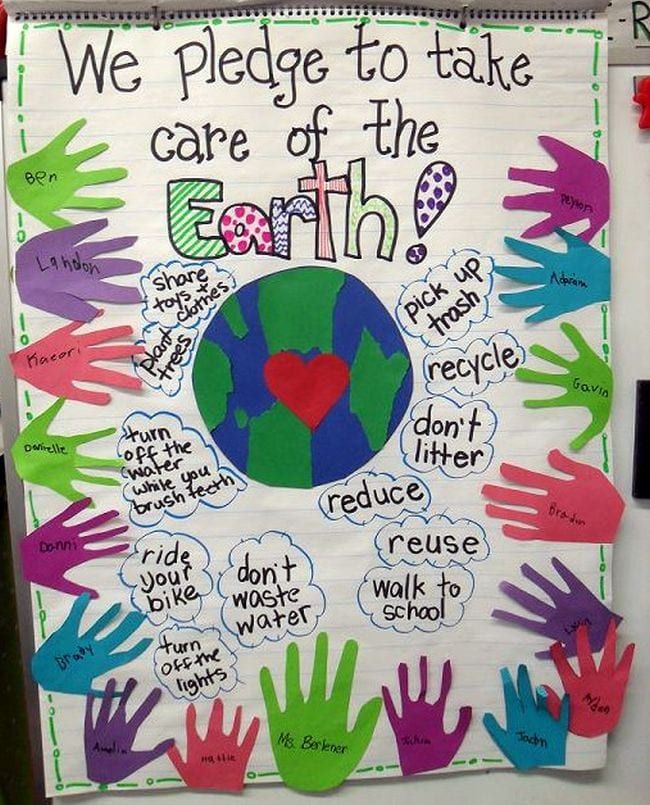 Encourage her to help by handing her a sponge as you pick one up yourself, even when it's easier to do it yourself. (And it’s almost always easier to do it yourself.) As long as you aren't judgmental about it--so she isn't defensive--she'll want to help clean up and make things better.
Encourage her to help by handing her a sponge as you pick one up yourself, even when it's easier to do it yourself. (And it’s almost always easier to do it yourself.) As long as you aren't judgmental about it--so she isn't defensive--she'll want to help clean up and make things better.
So when your toddler spills her milk, say "Oops, milk spilled. That's ok. We can clean it up," as you hand her a paper towel and pick one up yourself. When your preschooler leaves her shoes scattered in your path, hand them to her and ask her to put them away, saying kindly "We always clean up our own stuff."
You will have to do this, in one form or another, until they leave your home. But if your approach is positive and light-hearted, your child won't get defensive and whine that you should do the cleanup. And when kids hear the constant friendly expectation that "We always clean up our own messes...Don't worry, I'll help....Here's the paper towels for you; I'll get the sponge.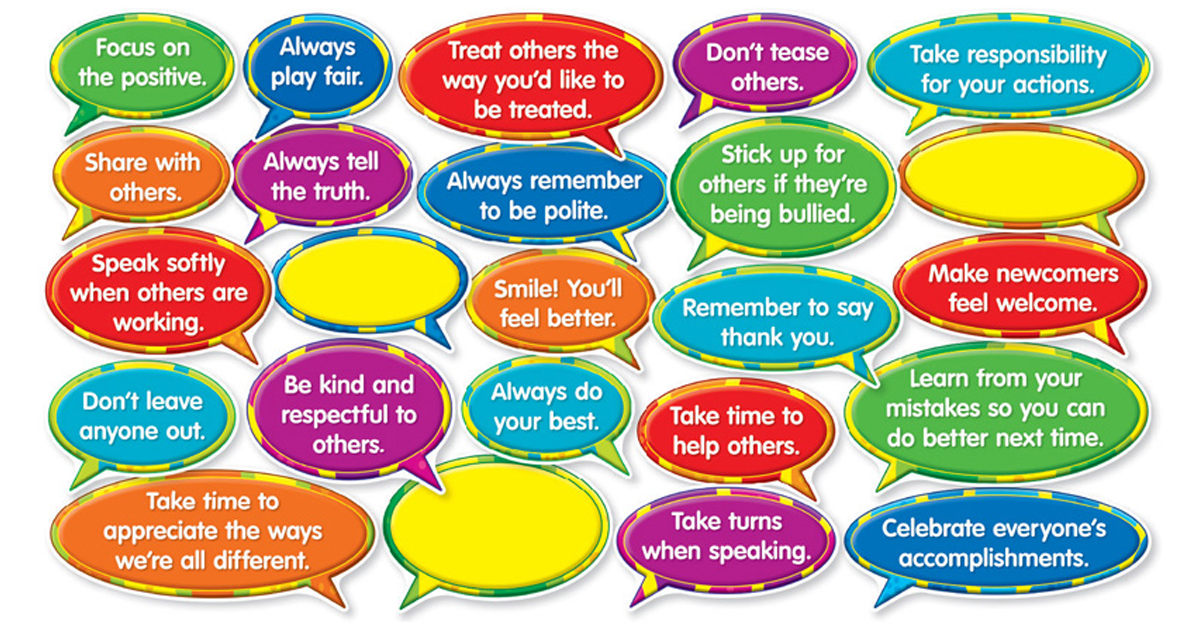 .." they become both easier to live with and better citizens of the world.
.." they become both easier to live with and better citizens of the world.
2. Kids need an opportunity to contribute to the common good.
All children contribute to the rest of us in some way, regularly. Find those ways and comment on them, even if it is just noticing when she is kind to her little brother or that you enjoy how she’s always singing. Whatever behaviors you acknowledge will grow.
As your children get older, their contributions can increase appropriately, both within and outside the household. Kids need to grow into two kinds of responsibilities: their own self care, and contributing to the family welfare. Research indicates that kids who help around the house are also more likely to offer help in other situations than kids who simply participate in their own self care.
Of course, you can't expect them to develop a helpful attitude overnight. It helps to steadily increase responsibility in age appropriate ways. Invite toddlers to put napkins on the table, three year olds to set places.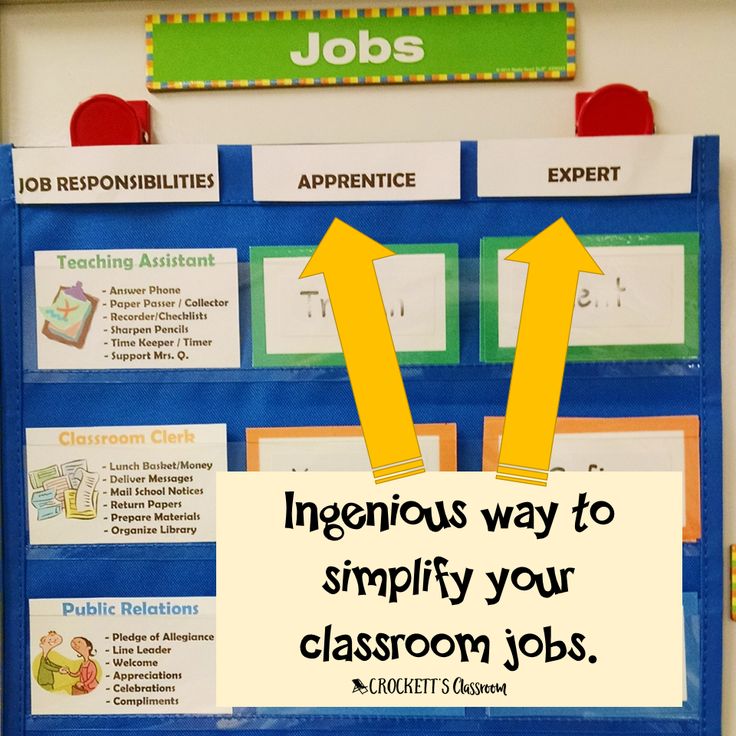 Four year olds can match socks, and five year olds can help you groom the dog. Six year olds are ready to clear the table, seven year olds to water plants, and eight year olds to fold laundry. Again, notice that you're inviting and empowering your child, not guilting and burdening them.
Four year olds can match socks, and five year olds can help you groom the dog. Six year olds are ready to clear the table, seven year olds to water plants, and eight year olds to fold laundry. Again, notice that you're inviting and empowering your child, not guilting and burdening them.
3. Remember that no kid in his right mind wants to do "chores."
Unless you want your child to think of contributing to the family as drudgery, don't "make" him do chores without you until they are a regular part of your family routine, and one that your child does not resist. Your goal isn't getting this specific job done, it's shaping a child who will take pleasure in contributing and taking responsibility. Make the job fun. Give as much structure, support, and hands-on help as you need to, including sitting with him and helping for the first thirty times he does the task, if necessary. Know that it will be much harder than doing it yourself. Remind yourself that there's joy in these tasks, and communicate that, along with the satisfaction of a job well done. Eventually, he will be doing these tasks by himself. That day will come much faster if he enjoys them.
Eventually, he will be doing these tasks by himself. That day will come much faster if he enjoys them.
4. Always let children "do it myself" and "help" even when it's more work for you.
And it will always be more work for you. But toddlers want desperately to master their physical worlds, and when we support them to do that, they step into the responsibility of being "response-able." So instead of rushing through your list, reframe. You're working with your child to help him discover the satisfaction of contribution. That's more important than having the job done quickly or perfectly. Notice that you're also bonding, which is what motivates kids to keep contributing.
5. Rather than simply giving orders, try asking your child to do the thinking.
For instance, to the dallying child in the morning, instead of barking "Brush your teeth! Is your backpack packed? Don't forget your lunch!," you could ask "What's the next thing you need to do to get ready for school?" The goal is to keep them focused on their list, morning after morning, until they internalize it and begin managing their own morning tasks.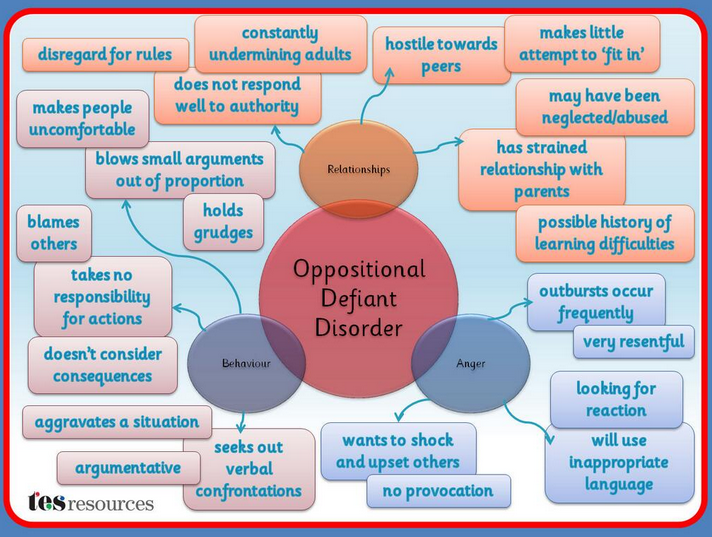
6. Provide routines and structure.
These are crucial in children’s lives for many reasons, not the least of which is that it gives them repeated opportunities to manage themselves through a series of not especially inviting tasks. First, they master the bedtime routine and cleaning up toys and getting ready in the morning. Then they develop successful study habits and grooming habits. Finally, they learn basic life skills through repetition of household routines like doing laundry or making simple meals.
7. Teach your child to be responsible for her interactions with others by using repair instead of punishment.
When your daughter hurts her little brother's feelings, don't force her to apologize. She won't mean it, and it won't help him. First, listen to her feelings to help her work out those tangled emotions that made her snarl at him. Then, once she feels better, ask her what she can do to make things better between them. Maybe she'll be ready to apologize. But maybe that will feel like losing face, and she would rather repair things with him by reading him a story, or helping him with his chore of setting the table, or giving him a big hug. This teaches children that their treatment of others has a cost, and that they're always responsible for repairs when they do damage. But because you aren't forcing, she's able to CHOOSE to make the repair, which makes it feel good, and makes her more likely to repeat it.
But maybe that will feel like losing face, and she would rather repair things with him by reading him a story, or helping him with his chore of setting the table, or giving him a big hug. This teaches children that their treatment of others has a cost, and that they're always responsible for repairs when they do damage. But because you aren't forcing, she's able to CHOOSE to make the repair, which makes it feel good, and makes her more likely to repeat it.
What if your child resists repair? That comes from resentment, or what we might call "a chip on the shoulder." Your child feels like the one who has been hurt or offended and thus won't start the repair process because she feels like her actions were warranted -- if not by what happened in this incident, than certainly by past grievances. That's a bigger healing project that you'll need to be involved in, so start today by building trust, listening to your child's upsets, and acknowledging those old feelings.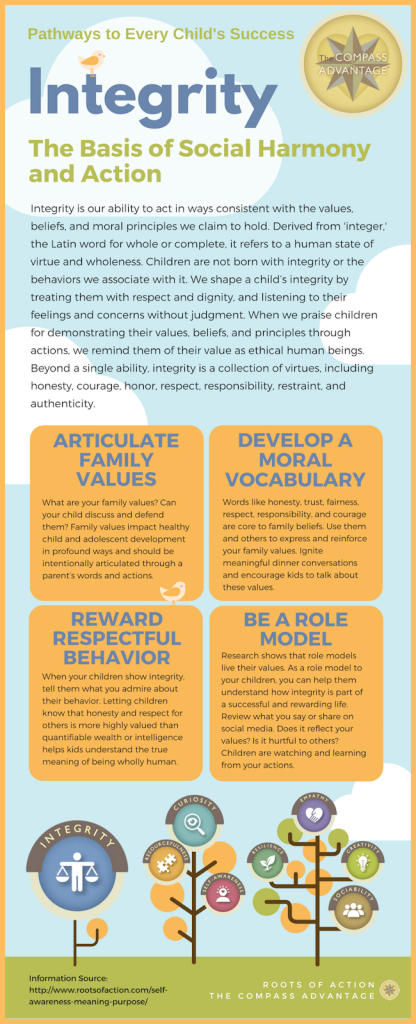 This shows your child that you care, they aren't alone, and they can feel those old emotions and move past them. But at the same time that you're supporting your child to heal their past unhappiness, insist that they repair current interactions.
This shows your child that you care, they aren't alone, and they can feel those old emotions and move past them. But at the same time that you're supporting your child to heal their past unhappiness, insist that they repair current interactions.
8. Support your child to help pay for damaged goods.
If kids help pay from their own allowance for lost library books and cell phones, windows broken by their baseball, or tools they've left out to rust, the chances of a repeat infraction are slim.
9. Don’t rush to bail your child out of a difficult situation.
Be available for problem-solving, helping him work through his feelings and fears, and to insure that he doesn’t just sidestep the difficulty, but let him handle the problem himself, whether it requires offering an apology or making amends in a more concrete way.
10. Model responsibility and accountability.
Be explicit about the responsible choices you're making:
"It's a pain to carry this trash till we get to the car, but I don't see a trashcan and we never litter.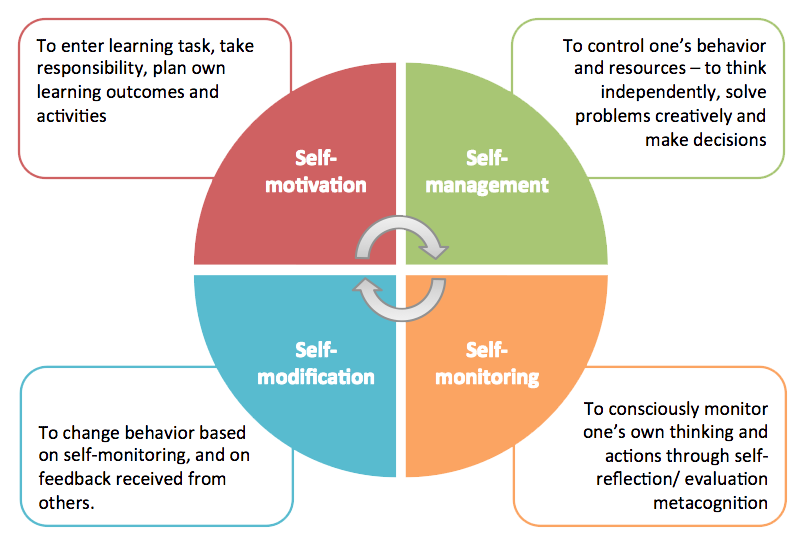 ”
”
“This sign says parking is reserved for people with physical challenges, so of course we can't take that spot."
Keep your promises to your child, and don't make excuses. If you don’t follow through when you promise to pick up that notebook he needs for school, or play that game with him on Saturday, why should he be responsible about keeping his promises and agreements with you?
11. Never label your child as "Irresponsible"
Never label your child as "Irresponsible," because the way we see our kids is always a self-fulfilling prophecy. Instead, teach him the skills he needs to be responsible. If he always loses things, for instance, teach him to stop anytime he leaves somewhere -- his friend's house, school, soccer practice -- and count off everything he needs to take home.
12. Teach your child to make a written schedule.
It may seem like overkill, but in our busy 21st century lives, all kids need to master this skill by high school, or they simply won’t get everything done.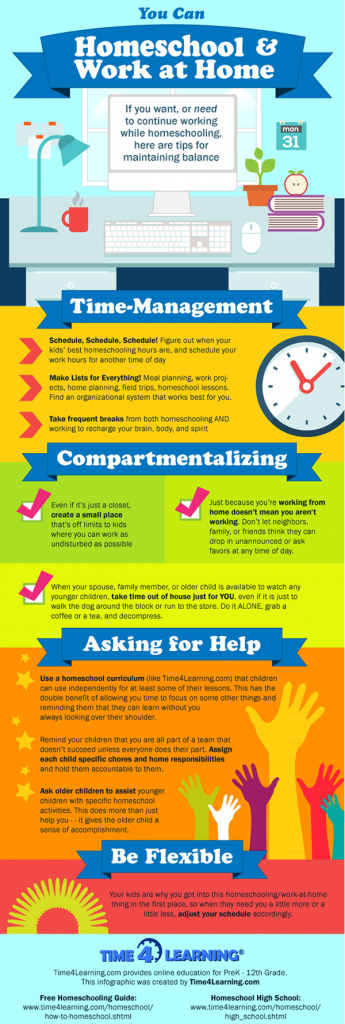 Begin on weekends during middle school, or earlier, if their schedule is busy. Just take a piece of paper, list the hours of the day on the left, and ask your child what he needs to get done this weekend. Put in the baseball game, piano practice, the birthday party, and all the steps of the science project – shop for materials, build the volcano, write and print out the description. Be sure to block out downtime -- go for ice cream with dad, chill and listen to music. Most kids find this keeps their stress level down, since they know when everything will get done. Most important, it teaches them to manage their time and be responsible about their commitments.
Begin on weekends during middle school, or earlier, if their schedule is busy. Just take a piece of paper, list the hours of the day on the left, and ask your child what he needs to get done this weekend. Put in the baseball game, piano practice, the birthday party, and all the steps of the science project – shop for materials, build the volcano, write and print out the description. Be sure to block out downtime -- go for ice cream with dad, chill and listen to music. Most kids find this keeps their stress level down, since they know when everything will get done. Most important, it teaches them to manage their time and be responsible about their commitments.
14. All kids need the experience of working for pay.
All kids need the experience of working for pay, which teaches them real responsibility in the real world. Begin by paying your eight year old to do tasks you wouldn’t normally expect of him (washing the car, weeding the garden), then encourage him to expand to odd jobs in the neighborhood (walk the neighbor’s dog or offer snow shoveling service in the winter), move on to mother’s helper/babysitting jobs when it’s age appropriate, and finally take on after-school or summer jobs. Few settings teach as much about responsibility as the world of working for pay outside the family.
Few settings teach as much about responsibility as the world of working for pay outside the family.
14. Create a No-Blame Household.
We all, automatically, want to blame someone when things go wrong. It's as if fixing blame might prevent a recurrence of the problem, or absolve us of responsibility. In reality, blaming makes everyone defensive, more inclined to watch their back -- and to attack -- than to make amends. It's the #1 reason kids lie to their parents. Worse yet, when we blame them, kids find all kinds of reasons it wasn't really their fault -- at least in their own minds -- so they're less likely to take responsibility and the problem is more likely to repeat.
Blame is the opposite of unconditional love. So why do we do it? To help us feel less out of control, and because we can't bear the suspicion that we also had some role, however small, in creating the situation. Next time you find yourself automatically beginning to blame someone, stop.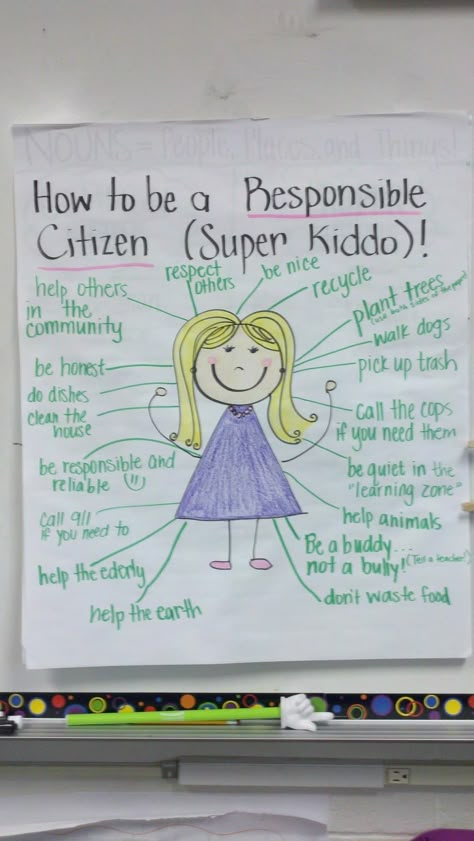 Instead, accept any responsibility you can – it’s good practice to overstate your responsibility – without beating yourself up. (You're modeling, remember?) Then, just accept the situation. You can always come up with better solutions from a state of acceptance than a state of blame.
Instead, accept any responsibility you can – it’s good practice to overstate your responsibility – without beating yourself up. (You're modeling, remember?) Then, just accept the situation. You can always come up with better solutions from a state of acceptance than a state of blame.
15. Teach your kids that as Eleanor Roosevelt said, they not only have the right to be an individual, they have an obligation to be one.
Studies show that people who take responsibility in any given situation are people who see themselves as willing to be different and stand out. That's the kind of kid you want to raise.
***
For a list of age-appropriate responsibilities, don't miss this article:
Age-Appropriate Responsibilities and Chores
***
How to take responsibility for your life
October 2, 2021 Life
Learn to expand your circle of influence, define a circle of care - and new horizons will open before you.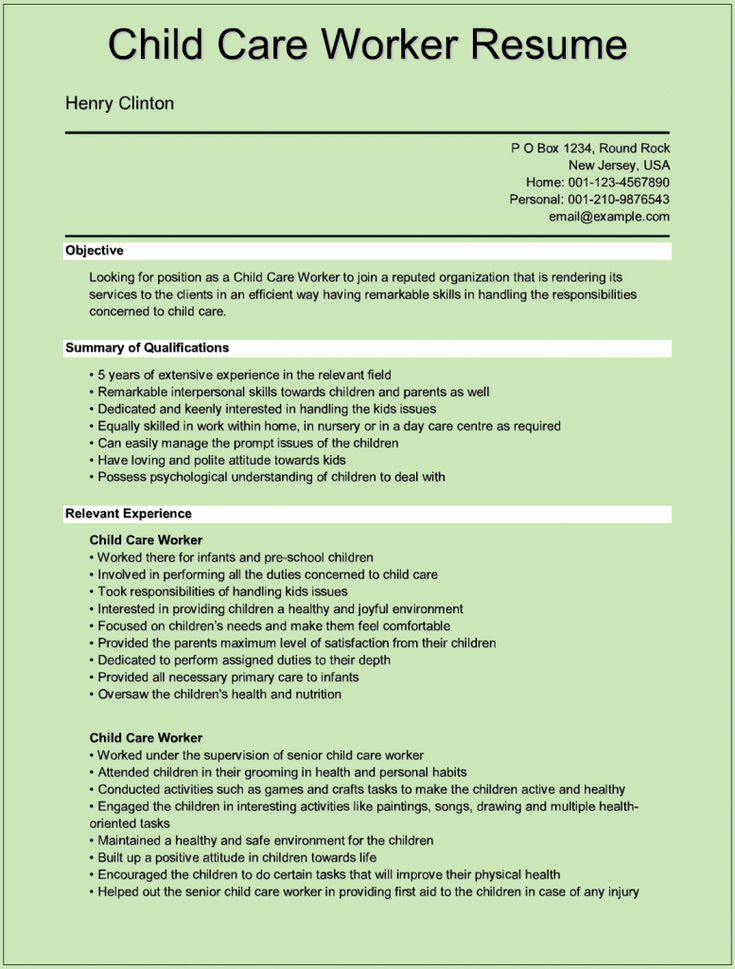
Share
0You can listen to this article. If it's more convenient for you, turn on the podcast:
Most likely, you have heard this recommendation more than once: “Just stop whining and take life into your own hands! Everything will change abruptly, you'll see! Problems will be solved - and happiness will come.
But how exactly to do this and what is generally meant by this, almost no one says. So the advice turns out to be useless, like advice in the spirit of "just don't pay attention" or "just eat right and exercise."
Understanding what it means to "take responsibility", why it is sometimes very difficult and how to finally do it.
Why you need to take responsibility
It helps to become more confident
A person who is responsible for his life understands what really depends on him and what does not, realizes the limits of his capabilities and becomes a little stronger and freer.
It helps to set goals and achieve them
When you realize that you are far from being helpless and that you can influence a lot, you get the motivation and courage to move forward and change something.
A person who does not take responsibility year after year scolds neighbors, utilities, officials, the city or country in which he lives, and believes that nothing depends on him.
Many paths open up before the person who has taken responsibility. First, move. Secondly, try to change the situation as much as possible, at least a little: organize a subbotnik to make things cleaner, go to court and enforce your rights, create a petition and fight for legal reform. Thirdly, he can honestly admit to himself that he is not ready for active actions and changes - and consciously leave everything as it is, but already without complaints.
It helps to cope with uncertainty
A person who goes with the flow and lives with the certainty that he does not decide anything is actually very difficult.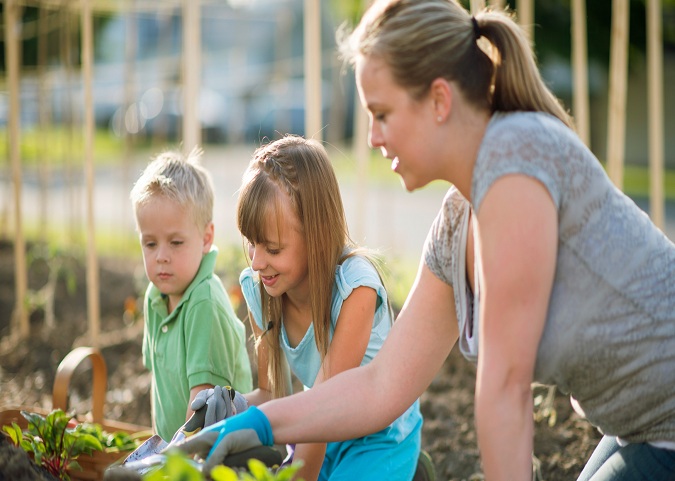 After all, then it turns out that life is absolutely unpredictable and can play with you as it pleases, and you are not able to do anything about it.
After all, then it turns out that life is absolutely unpredictable and can play with you as it pleases, and you are not able to do anything about it.
When someone takes responsibility, there is a little more certainty. Some unpleasant situations can be prevented, and in others, you can act more confidently and deal with them faster.
Let's say a person realizes that the economic situation is deteriorating and he may lose his job. Those who do not take responsibility will live in fear, complain, worry that they will be left without money, and wait in horror for how everything will end. After all, it doesn’t affect anything, it’s all a crisis, politics and a boss.
The one who is responsible can start looking for a job, learn something new to increase their value, or get a part-time job, save some money, or at least learn how to join the labor exchange in case of emergency and receive benefits for unemployment.
This helps create a more harmonious relationship
The person who takes responsibility can choose their environment, set personal boundaries, talk about what they don't like, steer the relationship in the right direction or end it if it is not enjoyable .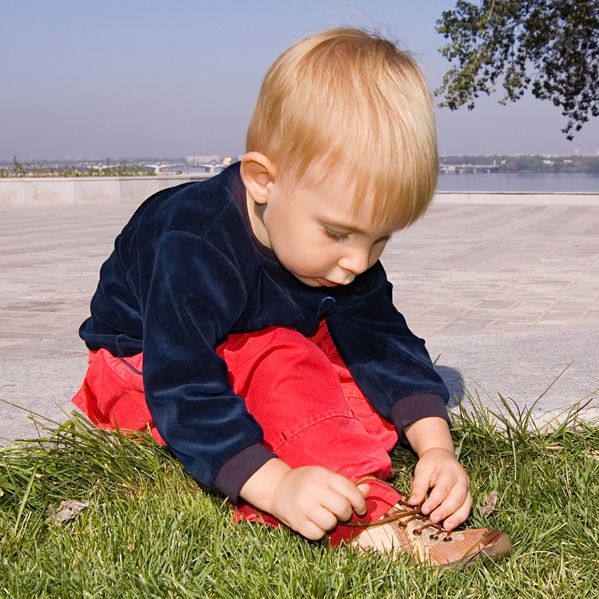
The one who does not accept responsibility thinks that everything is going as it is, nothing can be done, and he simply attracts the wrong people.
Why is it so difficult to take responsibility
We confuse responsibility and control
There is an opinion that these are one and the same thing, and being responsible means controlling everything and everyone in your life. This, of course, is impossible. We have no control over the weather, oil prices or the neighbor's dog that barks at night and disturbs our sleep. As a result, the idea of responsibility seems absurd and utopian - and the person refuses it.
We confuse responsibility and guilt
It seems like “taking responsibility” is the same as admitting that you yourself are to blame for all your failures. And no one wants to feel guilty, it's unpleasant. Therefore, a person goes on the defensive and takes this position: “I’m not to blame for anything, that’s all they are - bad heredity, stupid ecology, huge traffic jams, corrupt officials, mercantile women and the roads are still terrible. ” And, of course, does not try to change anything.
” And, of course, does not try to change anything.
We suffer from learned helplessness
Scientist Martin Seligman wrote about this condition back in the 1970s. Because of it, it just seems to us that we are powerless to change something in our life, because we do not influence anything.
Where this state comes from is not exactly known. There are two opinions: this is an innate quality, or, conversely, acquired due to not very correct upbringing or a series of past failures.
For example, during experiments, people were forced to listen to unpleasant sounds and could not avoid it. As a result, they lost motivation and no longer tried to escape from uncomfortable conditions.
What does it mean to take responsibility
This certainly does not mean that you need to declare yourself omnipotent and try to control everything and everyone. Or, on the contrary, sprinkle ashes on your head and assume that you are to blame for every trouble that has happened to you.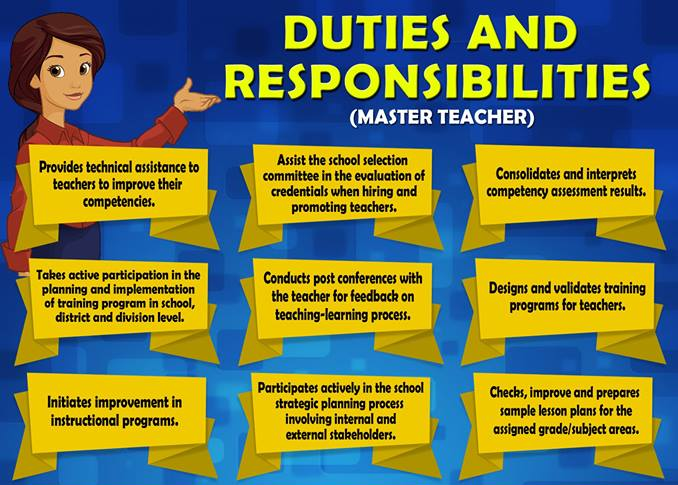
To be responsible is to understand what you can and cannot do, to be aware of and accept the consequences of your actions or inaction, and to take an active position whenever possible.
Stephen Covey, best-selling author of The 7 Habits of Highly Effective People, expressed this idea with the Two Circle Theory: Influence and Caring.
The circle of influence is the people and events that a person can influence. The circle of care is everything that affects a person. In order to live better and more joyfully, one should try to expand the first and reduce the second.
For example, a person is looking for a job, sends out a resume, but no one answers him. It turns out that his circle of influence is small: all that remains for him is to view vacancies and leave feedback. And the circle of concern, on the contrary, is large: it is completely in the power of fate and HR specialists.
If this person wants to take responsibility and expand his circle of influence, he can, for example, not post a resume on a site with vacancies, but send it to the company's corporate mail. He can call Human Resources and see if his letter has been reviewed. He can turn to a career consultant who will correct his resume and tell you in which direction to move.
He can call Human Resources and see if his letter has been reviewed. He can turn to a career consultant who will correct his resume and tell you in which direction to move.
How to take responsibility
Try not to blame
Recognize that blaming yourself or others is not constructive. This position allows you to remain inactive and saves you from disappointments, because if you do not try to change anything, you will not fail and you will not be hurt by it. But at the same time, it closes the path to development, good work, interesting projects and acquaintances, and unexpected turns.
Yes, it is true that people around you are to blame for something. Parents did not give a good start and formed complexes in the child. The workers are patching up the asphalt and that's why there are terrible traffic jams on the way to the office in the morning. The boss evaluates your merits biasedly and promotes not you, but his friend, up the career ladder.
But if you focus on what others are doing, and not on what you can do yourself, you are marking time and cannot change your life for the better.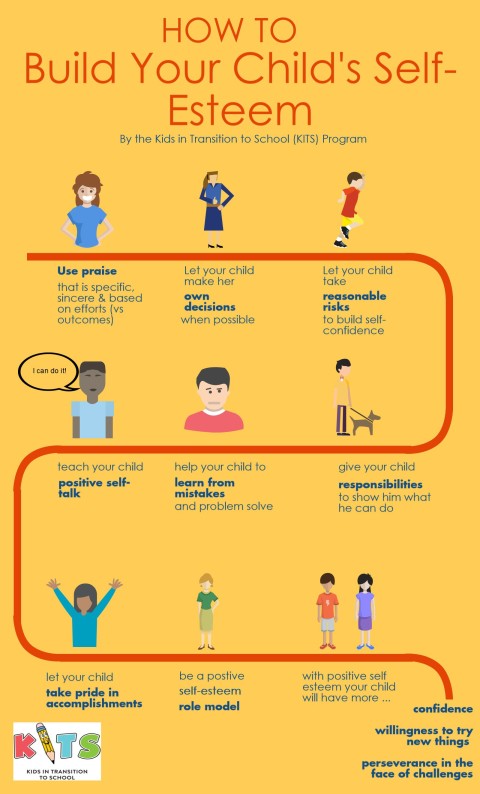
Define your circle of influence
Just be honest with yourself, don't underestimate or exaggerate your abilities. Write down everything that you can really influence in each specific situation, and what you can’t at all.
We can't cancel the rain, but we can buy a cool raincoat and rubber boots that will make it more comfortable to leave the house. Or find a remote job to stay warm and cozy in bad weather.
We cannot change the behavior of the person who offends us, but we can distance ourselves from him.
Set a goal for yourself
In the job and resume mailing example, the goal could be, say, contacting an HR consultant, finding direct company contacts, or making a phone call.
In a situation where you don't like where you live, the goal may be to move to another area, city, or even country. Or, on the contrary, an attempt to find interesting institutions, events and locations around you that will reconcile you with your place of residence and help you feel better.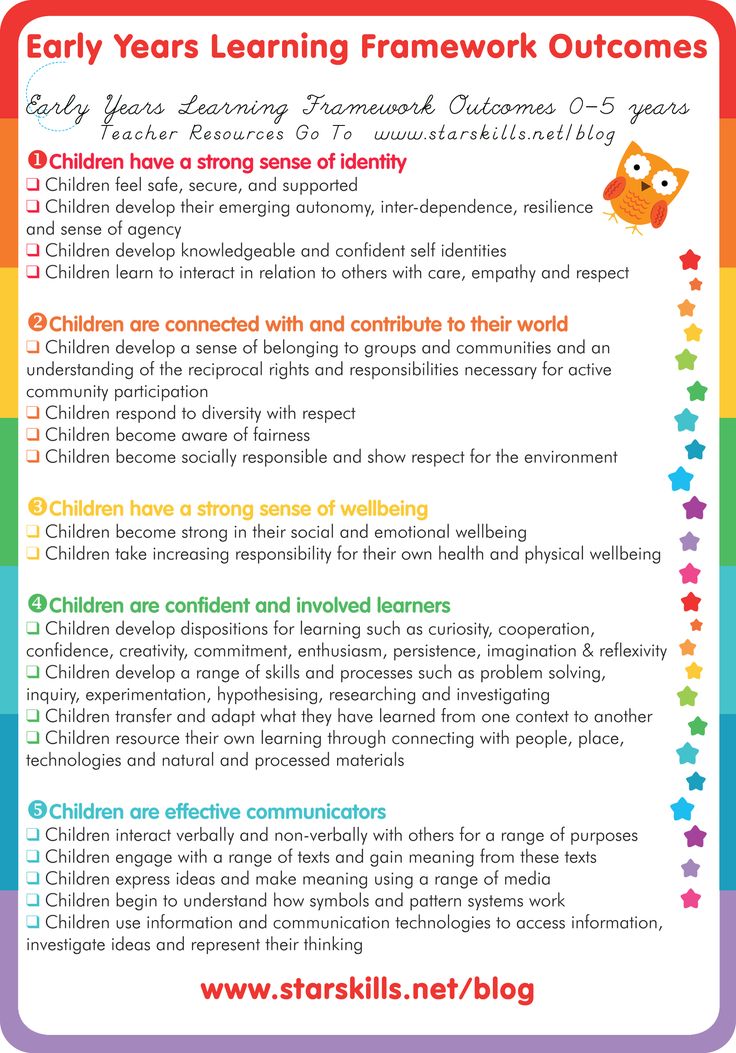 Yes, traffic jams are terrible and the view from the window is not very good, but what magic croissants are baked in a coffee shop around the corner and what a picturesque square just two bus stops from the house.
Yes, traffic jams are terrible and the view from the window is not very good, but what magic croissants are baked in a coffee shop around the corner and what a picturesque square just two bus stops from the house.
Take action
Once you achieve at least a small goal, you will become more confident, better understand what you are capable of, which means you can overcome the feeling of helplessness and make your life more comfortable and fulfilling.
Read also 🧐
- 3 ways to change your life for the better and enjoy every day
- How to overcome the fear of the unknown and quickly achieve your goals
- Do you want to change your life for the better? Breathe Deeply
- To change your life, talk about it differently
tips for parents - child development
When your child does something wrong, you may notice that he tries to shift the blame onto other people. He says: "I did this under the influence of such and such circumstances" or "These are not my prints here on the wall.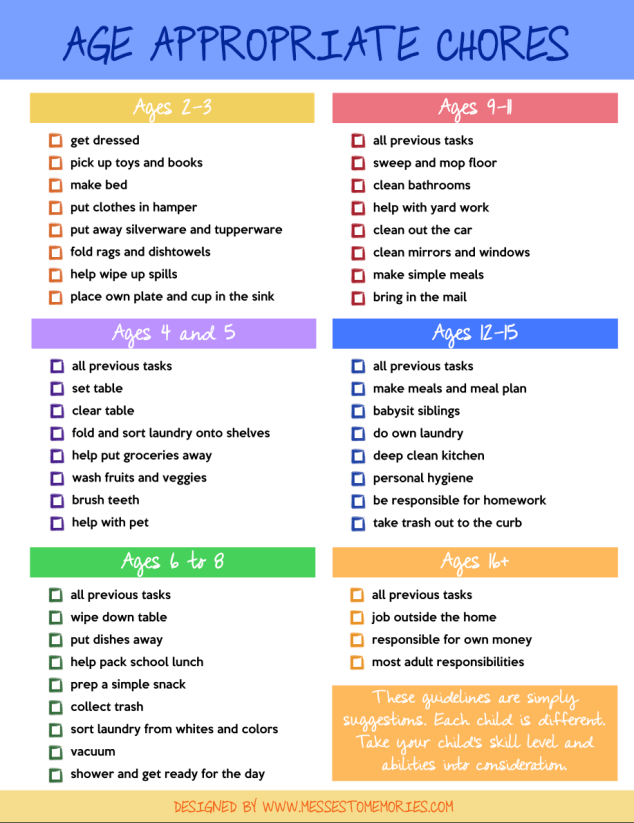 " Young children need to understand that mistakes are a normal part of life and they don't have to blame anyone for them.
" Young children need to understand that mistakes are a normal part of life and they don't have to blame anyone for them.
Taking responsibility for your actions is part of the process of becoming a healthy adult. Therefore, it is very important for parents to know how to properly teach children to be responsible. The tips in this article will help your child learn to take responsibility for their own words and actions.
How to teach children responsibility
Parents need to understand that teaching a child responsibility will require a lot of time and effort from them. It won't happen overnight. You will need to reinforce the emerging sense of responsibility, talk about it with the child over a long period of time (as he grows up) and use your life experience as an example.
1. Explain positive and negative consequences clearly to your child
When something happens in your life, use it as an example. Reinforce positive points, such as “You got a good grade on a test because you studied hard for it,” and explain negative points, such as “You got wet because you ran through puddles.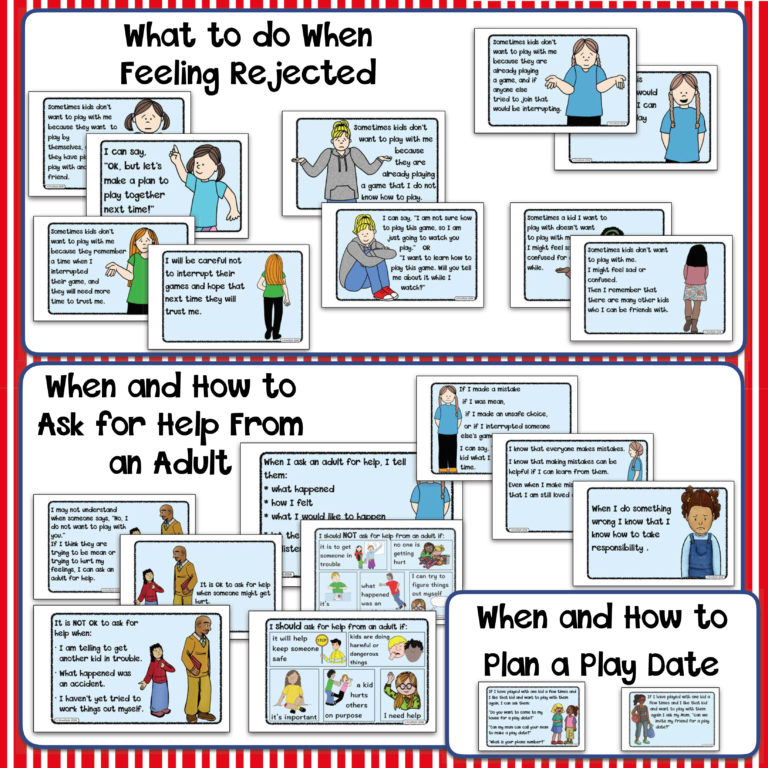 ”
”
Ask the child to think of different situations and tell you what might happen if he does a certain thing. For example, what happens if he forgets to turn on his alarm to avoid being late for school? You can also use yourself as an example. Ask your child: “What happens if mom forgets to set the alarm to go to work on time?”. Let the kid express his opinion. So he will learn to reason about the relationship of causes and effects in certain situations.
2. Do not deviate, do not deviate from the rules
This is the basis of teaching children responsibility. Sometimes it’s easier for parents to get their way, but if you don’t describe the consequences now, it will be much more difficult for you to get your child to follow the rules later. Plus your child won't take you seriously the next time something happens. Make your child responsible for his actions and be consistent in your rules.
3. Visualize your child's progress and achievements
Children love visibility. Attach a chart to your door or refrigerator that shows your child's successes and failures. Each time a child does something good, reward him with a certain number of points, which you then plot on a graph. If the kid does something wrong and blames someone or something for it, subtract points from the total. Encourage your child to save up their points so they can be redeemed for a prize at the end of the week. The loss of points will mean that he needs to try harder to get the desired reward.
Attach a chart to your door or refrigerator that shows your child's successes and failures. Each time a child does something good, reward him with a certain number of points, which you then plot on a graph. If the kid does something wrong and blames someone or something for it, subtract points from the total. Encourage your child to save up their points so they can be redeemed for a prize at the end of the week. The loss of points will mean that he needs to try harder to get the desired reward.
4. Help the child understand that he is already a big man
Reinforce the child's sense of responsibility by giving him responsibilities around the house as he grows up. Assign him homework, and if at the same time he asks why he should do this or that, answer: “You are already big, and I hope that you will become a good helper to me and dad (us and mom).”
5. Give your child the opportunity to act responsibly
Give your child a list of chores around the house.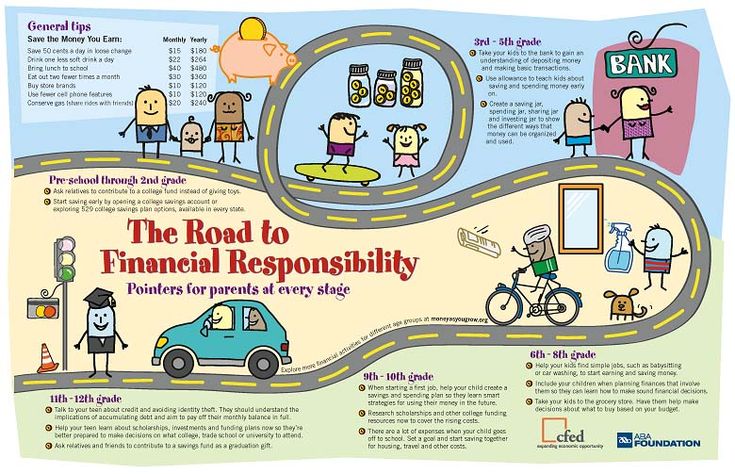 So he will be able to choose duties for himself and think about how to fulfill them correctly. This will allow the child to feel responsible and increase his self-esteem. Explain how to do this or that work and what kind of work you have prepared for the child, give him time to do it and tell him about the consequences for not doing or doing his work dishonestly. Then let the kid get to work and at the end give your delicate assessment of what has been done.
So he will be able to choose duties for himself and think about how to fulfill them correctly. This will allow the child to feel responsible and increase his self-esteem. Explain how to do this or that work and what kind of work you have prepared for the child, give him time to do it and tell him about the consequences for not doing or doing his work dishonestly. Then let the kid get to work and at the end give your delicate assessment of what has been done.
6. Don't rush to help your child
Try not to put the pieces back together when your children experience the consequences of their own bad decision. If the child refuses to eat what you have prepared for dinner and wants something else, say that this is all you have. If he doesn't eat, put the plate in the fridge. Then, when at 11 pm in his room the child begins to complain to you that he is hungry, tell him that he can eat his dinner that you left in the refrigerator. After the child falls asleep a couple of times hungry, he will understand that it is better to eat what his mother has prepared.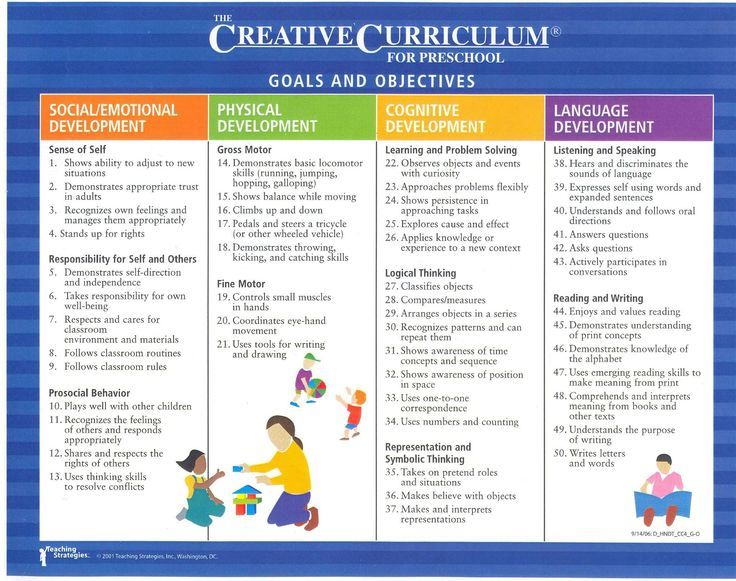
7. Let your child help you
How do you teach a child to be responsible? Explain to him that he can do a lot to help you. If housework makes you discouraged, do not show your emotions to your baby. Better smile and ask him to help. By turning responsibility into fun teamwork, you help your child learn it faster. You also teach him to take care of himself and take responsibility for his own life.
8. Be a role model
The best way to encourage children to take responsibility is to take responsibility and show it by example. Show them how you stack your things when you get home, clean up after yourself, and admit your mistakes.
9. Give your child age-appropriate tasks
Give your child age-appropriate tasks that he can handle. A six-year-old child can make his own bed, rinse dishes and even vacuum. Talk to your teen about what they need for school, help them plan their homework, or ask them to keep a calendar around their schedule.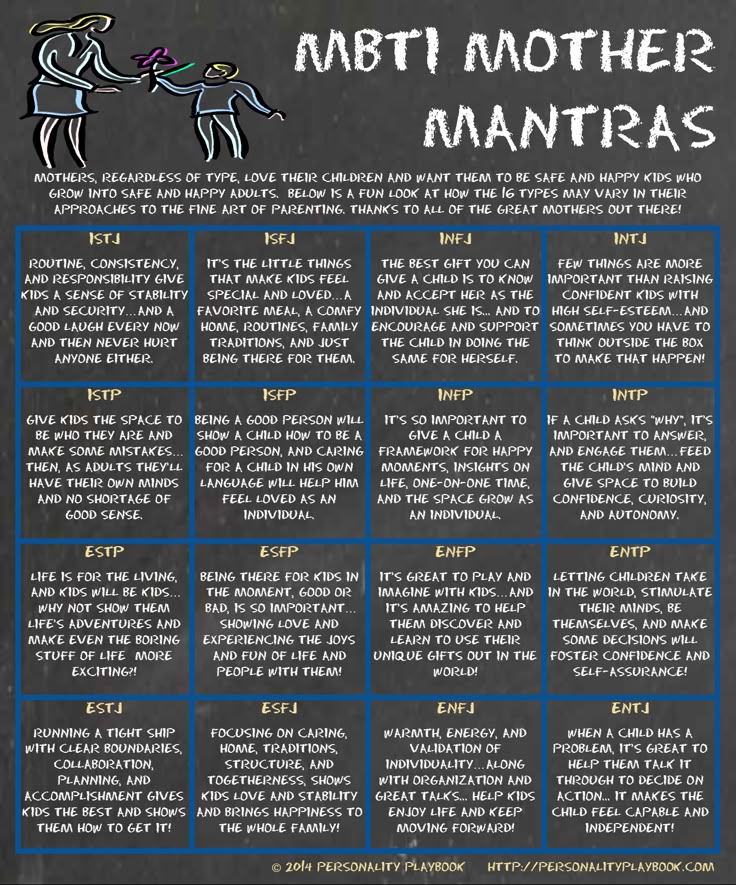
10. Help your child understand the concept of "priority"
Your child wants to play all day and night, but he must understand that responsibility comes first in life. If the baby asks, “Can I play with my friends?”, you should explain to him that he must first clean up after himself. When you say this, be friendly but firm. You can tell your baby that you want to watch TV, but first you have to wash the dishes. This will show your child that you know how to prioritize.
11. Try not to criticize your child
Be patient when your child forgets to do something right. Too many notations and punishments still won't help. When something goes wrong, take it with humor. You can even add a touch of goofiness to make the process of learning responsibility fun. If a child forgets or misses something, ask him in a funny way: “Do we keep socks in a jar?”. Then ask your toddler where he should actually take his socks, let him answer, but keep the atmosphere casual.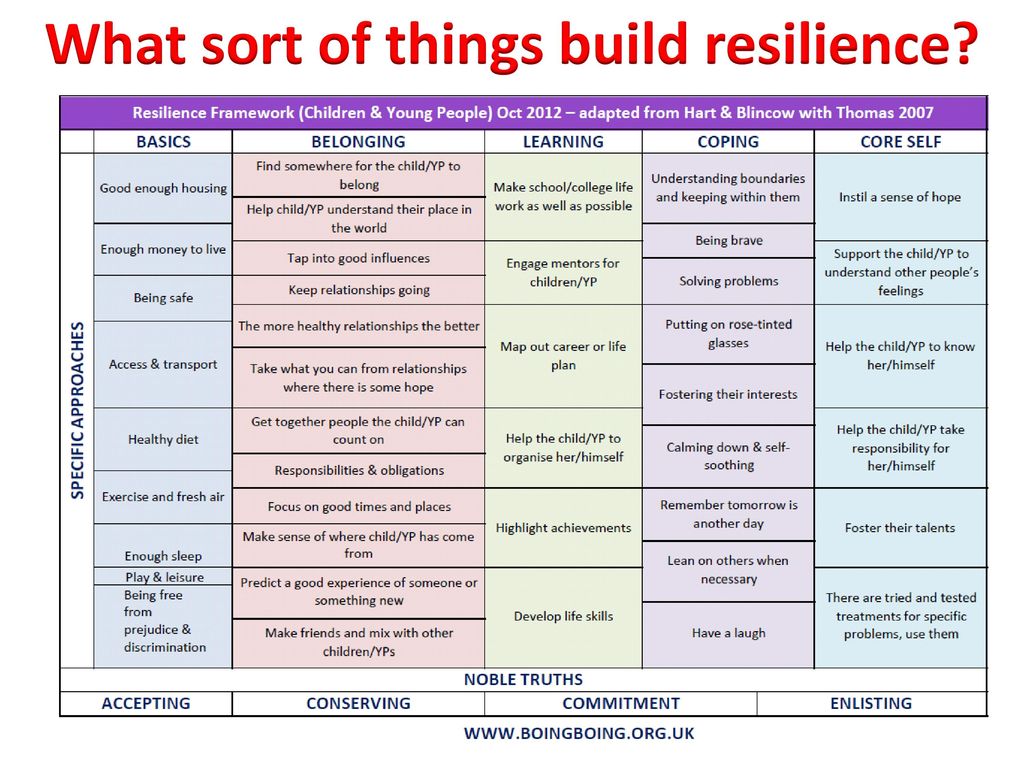
12. Encourage positive speech
Turn everything that happens into positive. Instead of telling your child what he won't get and what won't happen, do the opposite. Tell the kid that if he does something right, he will get something good. If your child asks you for something, tell him that you will give what he asks for when he does his housework.
Warning: Avoid using this method as a bribe. For example, don't tell your toddler that if he does his chores, you will take him to a cafe. Too much reward depreciates over time.
13. Equip your child with the tools they need for responsibility
Make it easier for your child to be responsible by giving them the tools they need for self-discipline. If you want your baby to wake up on time, provide him with a working alarm clock. If you want to keep his desk organized, make sure your child has stationery supplies and a folder. Provide him with notebooks, holders and folders.